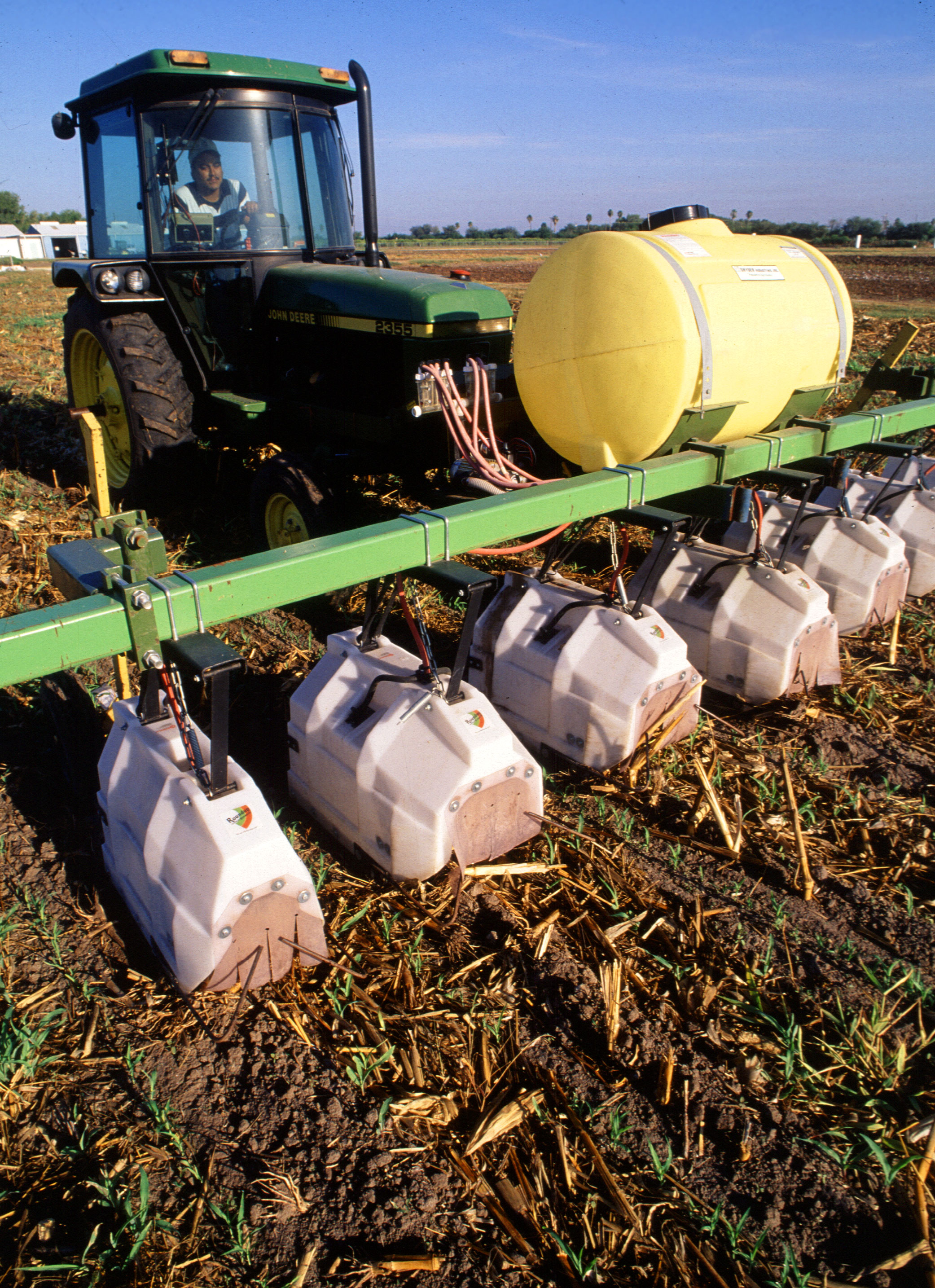Originally posted at this link
Monday, February 1, 2021 - Forty years ago, farm neighbors told my surprised family that our wildlife friendly farming practices were organic - which doubled the value of our rice crop. Our farming methods evolved after my father-in-law’s return from World War II.
the value of our rice crop. Our farming methods evolved after my father-in-law’s return from World War II.
Like many peers, he tried new technologies - chemical pesticides and synthetic nitrogen fertilizer - and saw them kill the wildlife he loved and the soil he relied on. He sensed that a food system based on toxic chemistry was a dead end. Instead, he developed an approach that incorporated wildlife – instead of fighting it.
Today, organic is a multi-billion-dollar market, but society still relies heavily on chemical pest management and synthetic fertilizers. Many farms have become biological deserts. Although pesticides are cheap and effective in the short term, they come with unintended health and environmental consequences. They also develop resistance that eventually undermines their effectiveness.
In recent decades, many pesticides have been banned, or had their use limited, because of health impacts. Every time a new chemical replaces an old one, new challenges arise, leading to more restrictions or bans. And on and on. Academics call this a “pesticide treadmill.”
Our food supplies and public health rely upon effective pest management and soil health. Unfortunately, society has delegated the development of new tools to a handful of chemical companies. There is virtually no public investment in non-chemical approaches. If we want less chemical-intensive solutions, it’s time to stop hoping the chemical industry will develop them.
How do we do this? Let’s look at how we made progress on air pollution. Here’s the lesson for reducing agriculture’s chemical dependency: A purely voluntary approach doesn’t work.
Regulators must set science-based application limits on pesticides and synthetic fertilizers. Synthetic nitrogen is perhaps the least-regulated dangerous chemical product on the market. Effective regulation is an essential first step toward innovation and more sustainable agriculture. But this new approach will also require significant public investments to understand complex biological systems and help farmers adopt new practices.
Whether it is controlling pests that plague strawberries or stopping outbreaks like coronavirus, prevention based in an understanding of how natural systems work is a good investment.
Strong regulations with deadlines work. And public investments could create a new approach to sustainable agriculture.
Just as the public demanded the auto industry clean up our air, the public must demand that agriculture clean up our food and water.
DOC's COMMENT: There are many good plans to get agriculture back on track. I doubt any of them will work well until, and unless, we can get the hands of the politicians out of the pockets of BigPharma.
Learn more at this link
